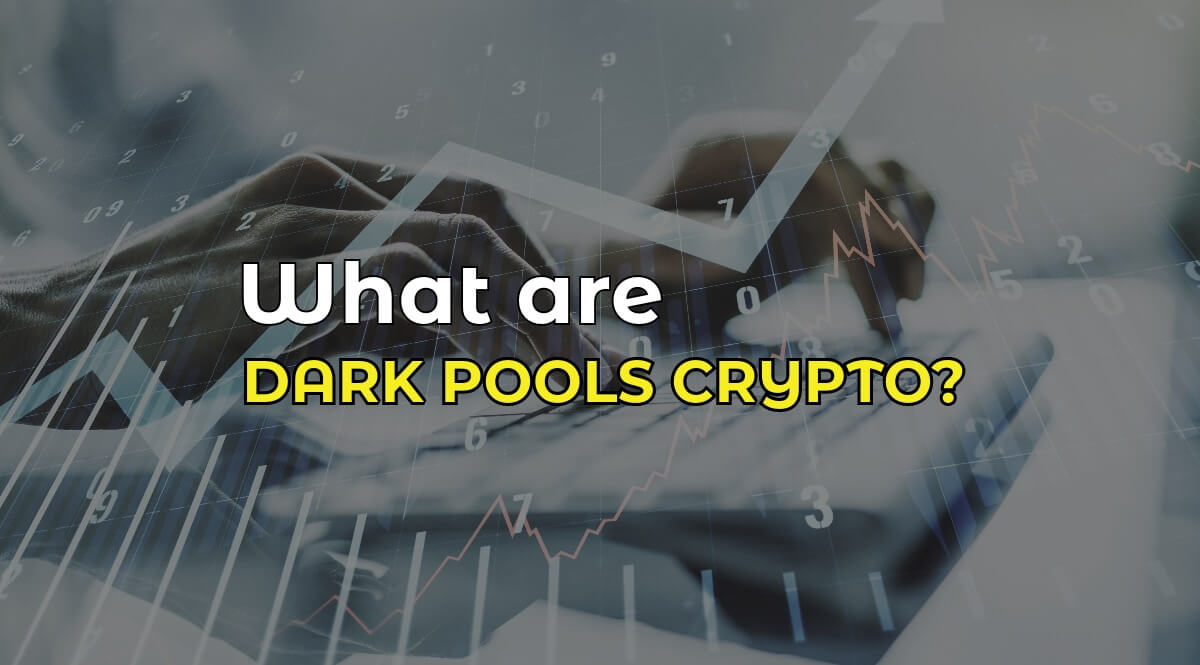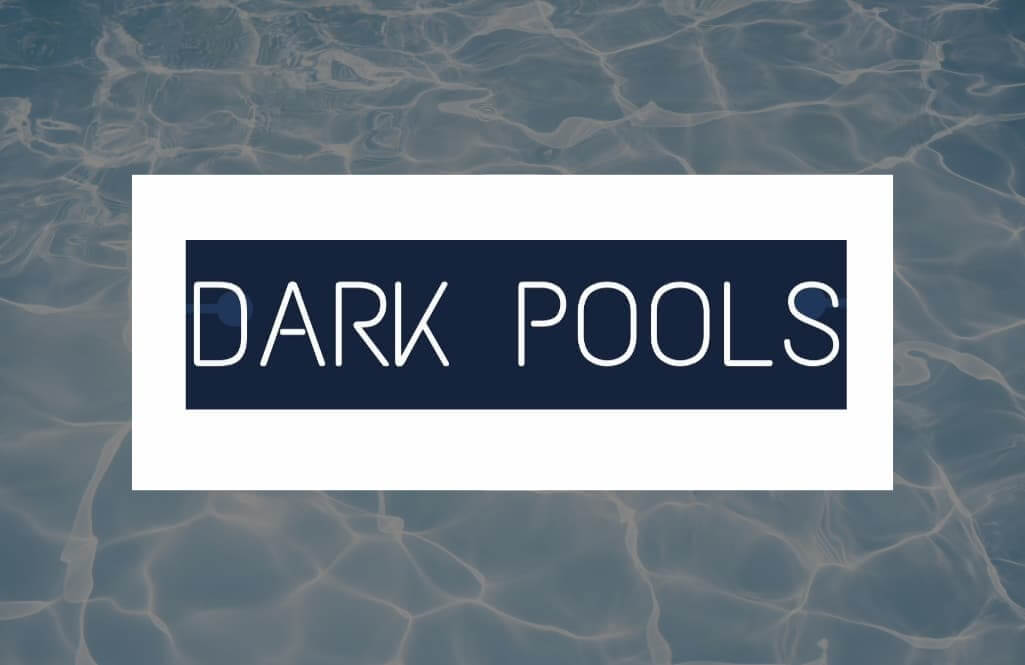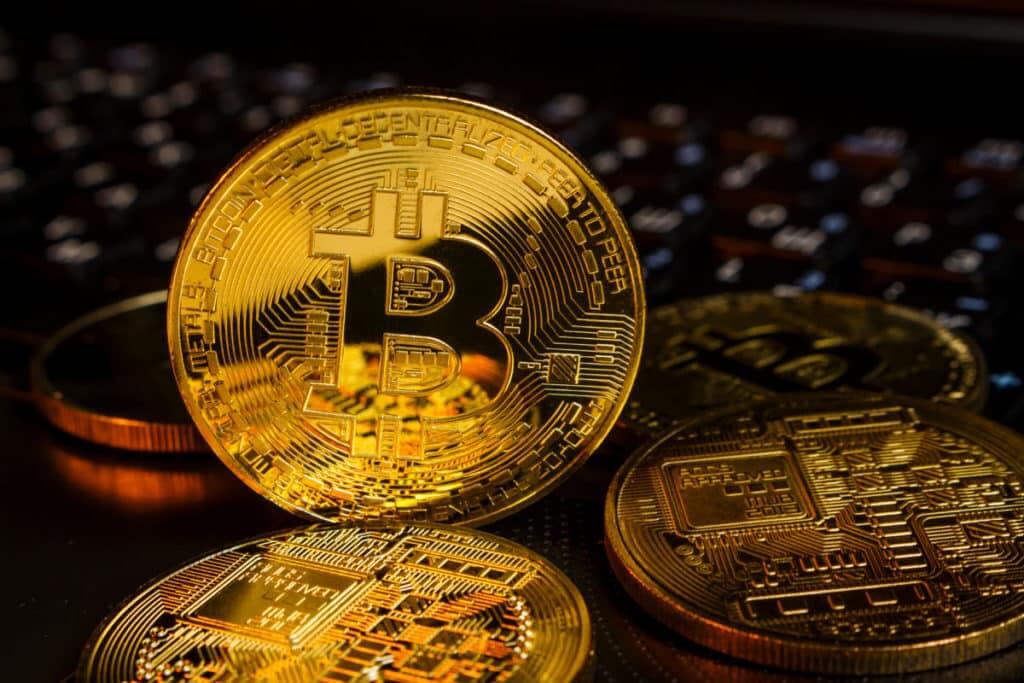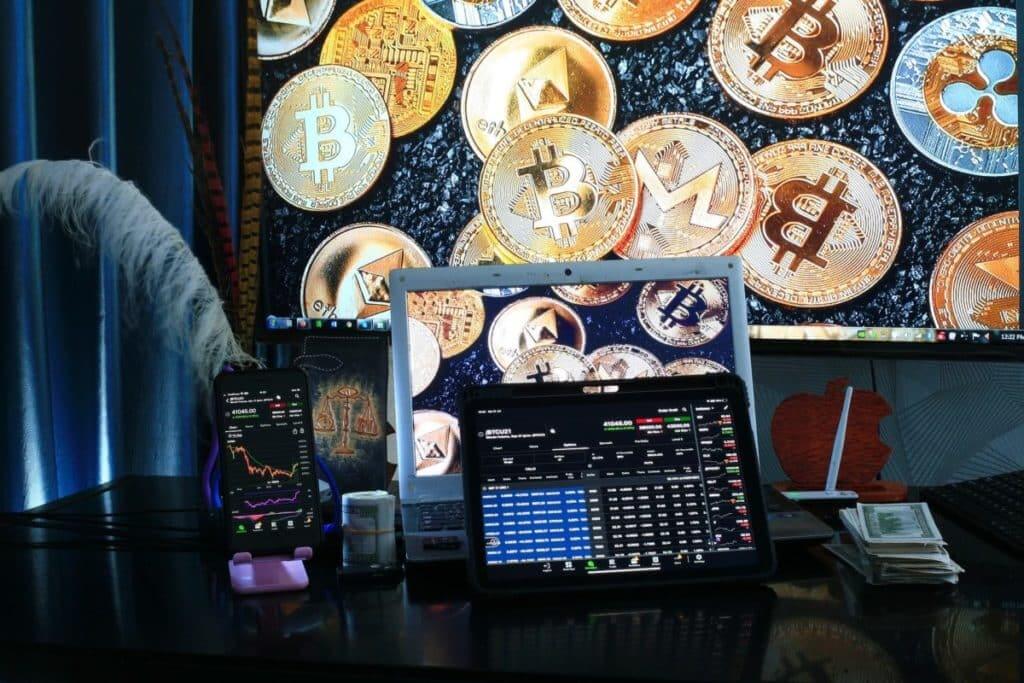
What Are Dark Pools Crypto – Get All the Essential Info
Have you ever thought about what dark pools crypto represents? What is so essential about these exchanges that many crypto devotees use them frequently? And, ultimately, why are they called: “Dark pools crypto” of all names?
First, Dark pools refer to private exchanges for securities trading in the crypto universe. Since they are completely private, it’s impossible to access them by an investing public.
The term “dark pools” is given to these private exchanges because there is an absolute lack of transparency. Also, they have an alias, “Dark pool liquidity”, by which many individuals know them in a volatile market.
But why did these Dark Pools crypto come into the spotlight? How crucial is it for you to understand their importance, role, and benefits as a crypto enthusiast? Let’s get to more information!
Dark Pools Crypto – Explanation
As mentioned above, Dark Pools Crypto represents private exchanges for trading securities. They aren’t accessible to a wider range of people since they lack total transparency. In the first place, dark pools emerged as a way of easing blockchain trading on blockchain trading platforms by numerous institutional investors.
The main reason for enabling more straightforward blockchain exchanging on this decentralized exchange is that these investors wanted to avoid affecting markets, making extensive orders, and acquiring unfavourable prices for trades.
Crucial Role in Substantial Trades
Dark pools, often associated with shadowy connotations, play a crucial role by enabling substantial trades without influencing the broader market. The rise of decentralized dark pool trading and cryptocurrency dark trading adds a new dimension to these platforms.
However, the opacity of dark pool trading platforms can make them susceptible to potential conflicts of interest from their proprietors and predatory strategies by certain high-frequency professionals.
Why Did the Cryptocurrency Dark Pool Appear?

Dark pools first appeared on the financial scene in the late 1980s, paving the way for what would later evolve into decentralized finance (DeFi) and dark pool crypto exchanges.
As stated by the CFA Institute, off-exchange trading, including on private trading platforms, has seen a surge in the US. Data illustrates that it made up close to 40% of all US equity transactions in 2017, an increase from about 16% in 2010. By 2014, dark pools, with the inherent advantages of dark pool trading, were 15% of the US trading volume.
So, what led to the birth of dark pools? Imagine the limited options for a major institutional trader aiming to sell a hefty amount of XYZ stock before the rise of DeFi and the popularity of private trading platforms.
What Are the Options Available for An Investor?
An investor, recognizing decentralized trading benefits, had a few options:
- Send the order through a floor trader in a day or two, targeting a good VWAP using dark pool trading strategies.
- Segment the order, selling 200,000 shares daily across five batches, leveraging dark pool advantages.
- Sell incrementally using decentralized trading until a major buyer for the remaining shares is found.
Selling a million shares of Company XYZ on an exchange could impact the market since the investor’s intent wasn’t concealed. Waiting, especially in options two and three, risked price drops. Dark pools, with their strategic benefits, addressed these concerns.
Dark Pools Crypto & Alternative Trading Systems Overview
By December 2022, the SEC had over 60 registered dark pools. These alternative trading systems cater to institutional investors managing large trades and offer niche financial services, segmented into broker-dealer-owned, agency broker/exchange-owned, and electronic market maker dark pools.
- Broker-Dealer-Owned Dark Pools: Established by broker-dealers for institutions. They set prices via order flows, aiding price discovery. With competitive trading fees, platforms like Credit Suisse, CrossFinder and Sigma X (Goldman Sachs) now also support cryptocurrency professionals.
- Agency Broker or Exchange-Owned Dark Pools: Mimicking public exchanges, they act as agents using prices from benchmarks like the NBBO midpoint. Notable ones include Instinet and NYSE Euronext, each with distinct taker fees.
- Electronic Market Maker Dark Pools: Run by firms like Getco, they’re integrated with DeFi protocols, offering trading and earning interest opportunities. However, they come with withdrawal fees and bypass the traditional NBBO pricing.
All cater to institutions, ensuring efficient financial services for significant deals while applying varied trading and withdrawal fees.
Why Use Dark Pools for Cryptocurrency Trades?

Today, an institutional investor can utilize a dark pool for traditional assets and buy and sell cryptocurrencies, benefiting from the reduced transparency. This obscurity often offers a better sale price than on centralized exchanges.
Dark pool crypto, catering to large investors, increases the chances of finding a block buyer, even for advanced trading of assets like bitcoin. Transactions might also witness improved prices based on the bid-ask midpoint in a peer-to-peer manner.
However, these benefits stand provided there’s no information leak about the impending trade, and the pool remains safe from high-frequency traders who might exploit the investor’s intentions.
Dark Pools Crypto: Benefits & Drawbacks
If you have an interest in cryptocurrency exchanges and their advantages and disadvantages, we have prepared some crucial information you need to know about Dark Pools Crypto:
Benefits
- Regulation: Dark pools operate legally and are supervised by the SEC.
- Market Impact: Big order placements don’t significantly disrupt the market.
- Cost Efficiency: These platforms can offer lower transaction costs as they bypass typical exchange fees.
- Optimized Pricing: Significant trades within dark pools can secure better prices, especially when sales are based on the bid-ask midpoint.
Drawbacks
- Limited Accessibility: These pools aren’t readily available to retail investors.
- Opacity Issues: Their secretive nature can sometimes make exchange details unclear, leading to potential misuse.
- Price Assurance: There’s no guarantee that trades are executed at the most advantageous price.
- Potential Misuse: There are allegations of dark pool operators leveraging pool data against other participants.
- Trade Size Concern: With the average exchange sizes in dark pools decreasing, traditional exchanges like the NYSE argue the necessity and appeal of dark pools.
Bottom Line

Dark pools have transformed the trading landscape, offering institutional investors an alternative to public exchanges. Their rise has dovetailed with the growing interest in trading Bitcoin and other cryptocurrencies.
While “Investopedia Dark Pool” articles provide an exhaustive analysis, weighing the pros and cons before diving into these mysterious waters is crucial.
FAQs
What exactly is a dark pool in crypto?
- Dark pools refer to specific private exchanges for trading securities, including cryptocurrencies, without transparency to the broader market.
Why are they called “dark pools”?
- Due to their lack of transparency and secretiveness, the trades are hidden or “dark” from the public view.
Are dark pools legal?
- Yes, they are legal and regulated by the SEC.
Can retail investors access dark pools?
- No, these platforms are primarily available for institutional investors.
What’s the main advantage of using dark pools for trading?
- They allow for large order placements without significantly impacting the market.




